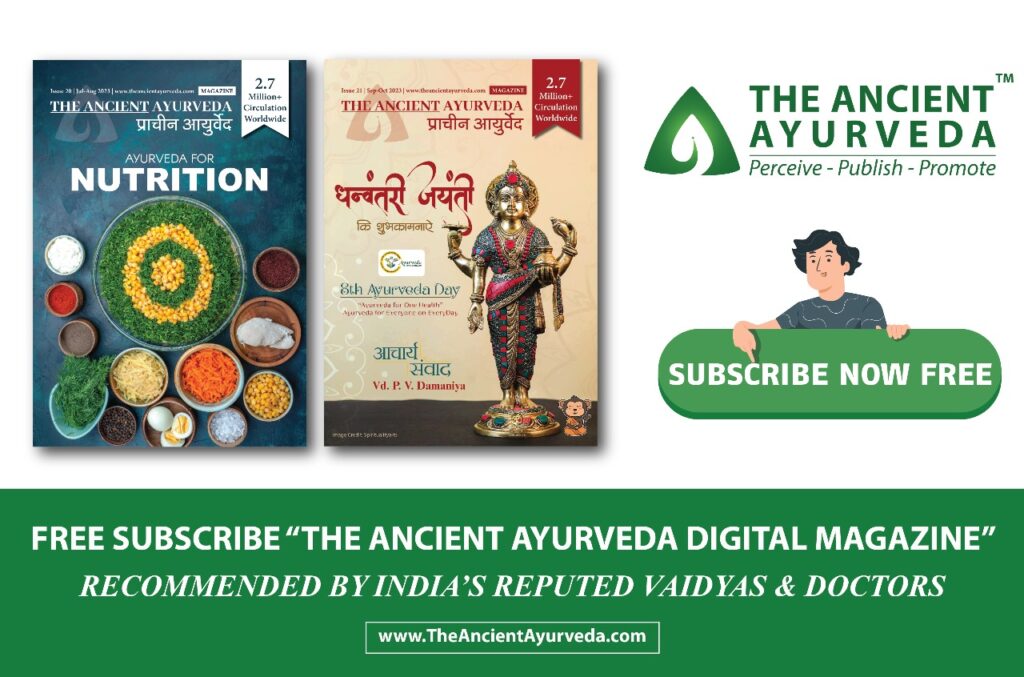Lack of menstrual health is a major concern among women of reproductive age. In present-day clinical practice, it is very difficult to see a woman without any menstrual abnormality. Menstrual problems seem to affect both homemakers and working women alike adversely impacting their productivity daily. Most women seem to be unpredictable physically and emotionally around the time of menstruation. Hence, it is high time to get maximum awareness on such discomforts in a woman’s life in order to adopt the appropriate self-care practices and to approach the health care providers at the earliest if needed.
Painful periods, excessive bleeding, irregular periods, and premenstrual syndrome are some of the most commonly seen menstrual health issues. Painful menstruation has been noted as the main reason for her inability to maintain attendance in academic and official commitments. Severe pain can incapacitate her in day-to-day activities. It badly affects her mood also. There is individual difference in pain perception. Low pain threshold can be a reason. Menstrual cramps become a monthly unpleasant experience and a cause of anxiety over her major academic and other life events in case of dysmenorrheic women. Painful menses is very common among adolescent girls also. Family members like sisters and mother may present with similar complaints. Severe pain during menses is a characteristic feature in the conditions like endometriosis. Pain prior to the periods and throughout the bleeding is one of the worrying health issues among women of their 30s and 40s. Painful periods and abnormal uterine bleeding can be seen in adenomyosis.
Erratic menstruation with oligo/anovulation is seen in PCOS. Delayed menses is one of the hallmark clinical features. Prolonged spotting or heavy and prolonged bleeding may be seen in PCOS women. It is often noted that low physical exercise and unhealthy diet practices contribute to the increasing prevalence of PCOS. Moreover, stress is the one of the prime factors in the manifestation of its clinical features and co-morbidities. Hence, lifestyle in terventions have a vital role in the management of PCOS.
Among menstrual problems, heavy and/or prolonged bleeding is one of the urgent concerns. In puberty girls, prolonged menses is a cause of anxiety among parents too. PCOS, fibroids, many other uterine and systemic disorders can lead to excessive bleeding in the age groups of the 30s and 40s. Various menstrual disturbances are seen in thyroid disorders also. Another health issue deteriorating the well-being of women near to menstruation is premenstrual syndrome (PMS). Exaggerated physical and psychological disturbances like headaches, emotional outbursts are commonly seen in PMS.
Several factors contribute to these disturbances in the menstrual cycle. Genetic predisposition, general health, food habits, physical exercise, psychological status and exposure to the various pollutants have a greater influence on the menstrual cycle. Overall lack of discipline around food intake is not uncommon now. Food intake without considering her time of appetite and type of food is a main reason behind the digestive issues. Moreover, late sleep, as well as late wakeups and irregular bowel habits, are common among teenagers and young women, especially in the present time. Increased access to junk foods is also a major reason. All these can have greater health consequences such as menstrual cycle irregularities.
Mental soundness is also vital in the maintenance of menstrual health. But presently stress and anxiety are becoming epidemics all over the world. Stress can interfere the physiological processes and disturb the harmonious internal environment prevailing in the body. Another risk factor of various chronic diseases is the absence of regular physical activity. These factors are enough to pay way to several adverse health outcomes including menstrual abnormalities.
All the above-said facts denote that lifestyle changes such as healthy eating habits and behaviours are necessary in the management of menstrual problems. Adequate fruits and vegetables should be included in the diet. Jeeraka, onion, curry leaves, ginger, natural powders like turmeric and coriander etc. can be added in food recipes to facilitate smooth digestion. Regular and satisfactory bowel habits should be ensured. Holding the urge of urination and defecation should be avoided. These all are important in addressing the pain related with menses. Frequent dining out and usage of bakery products containing additives can be better avoided. Avoidance of pickles and other excessive spicy and sour food items is very crucial in the outcome of heavy periods management.
Regular and adequate physical activity should be incorporated into the routine. It is better to reduce the screentime and frequency of snacks, especially in this pandemic scenario. Maintaining a healthy weight by sticking to healthy food habits and an adequate physical exercise program is very important in overall well-being. Meditation, breathing exercises, spending time with nature, family, and friends, reading books, talking with like-minded senior lady mentors, engaging in dancing and singing, playing badminton with family and friends and many such engagements will help to get rid of stress.
When the menstrual issues start troubling daily life, it is better to consult a doctor with regular follow-ups. Ayurveda is very beneficial in the effective management of menstrual abnormalities. Individualised management in Ayurveda considering the specific contributing factors of the menstrual problem in every woman will help to improve the quality of life. Appropriate internal medicines and procedures like basti, virechana etc. will aid in better outcomes. It should be kept in mind that self-care is always important to attain wellbeing so that even the minute disturbance can be well-addressed at the earliest. It is very important that lifestyle modification is the essential strategy to get long-term results.

